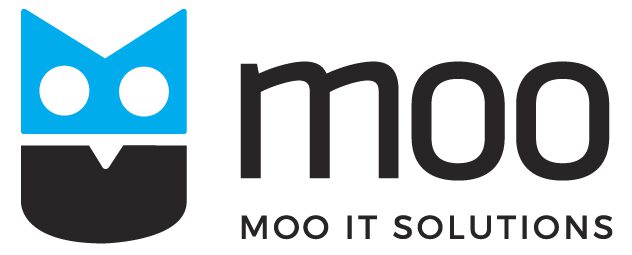
Digital transformation is now a must-have for organizations in different industries. Accounting and finance are no exceptions, as they can significantly benefit from adopting this change. It involves Artificial intelligence, IoT, edge computing, and many more. Understanding the significance of digital transformation can help these industries to successfully adapt to this new technology.
Read further to learn why digital transformation is paramount for the accounting and finance sectors.
Streamlining Financial Processes
By digitizing workflows like data entry and record-keeping, organizations can eliminate manual errors and reduce processing time as compared to traditional accounting methods. Automated systems enable real-time financial updates, allowing professionals to monitor transactions, reconcile accounts, and generate reports efficiently.
Improved Data Accuracy and Integrity
Digital transformation provides the means to integrate multiple systems. This combination minimizes the risk of data discrepancies and ensures accuracy and integrity.
Enhanced Decision-Making
Accounting and finance experts can gain access to powerful data analytics tools when adopting digital transformation. These tools enable them to generate reports, identify trends, and make data-driven decisions promptly. Analyzing large amounts of financial data empowers organizations to adapt to market changes.
Increased Efficiency and Productivity
By using robotic process automation (RPA) technologies, finance organizations can reduce manual involvement, streamline processes, and improve efficiency. This increased capability saves time and enables professionals to devote their expertise to critical tasks requiring human judgment and creativity.
Enhanced Collaboration and Communication
Cloud-based accounting software and collaboration tools enable real-time sharing of financial information, eliminating delays caused by manual file transfers. This streamlined association encourages efficient teamwork and improves decision-making across the organization.
Strengthened Regulatory Compliance
The accounting and finance sectors face strict regulatory requirements that demand accuracy, transparency, and data security. Digital transformation ensures compliance with these regulations by providing secure storage, data encryption, and audit trails. Automated systems enable comprehensive tracking of financial transactions, simplifying processes and minimizing the risk of non-compliance penalties.
Improved Client Services
Digital transformation empowers accounting and finance professionals to deliver enhanced client services. With automated systems, professionals can provide real-time financial insights to clients, helping them make informed decisions about their businesses. Additionally, digital tools enable efficient client communication, offering seamless support and strengthening client relationships.
Cost Reduction and Resource Optimization
Automation minimizes the need for manual labor, reduces paper-based processes, and lowers the risk of errors, ultimately reducing operational costs. Organizations can redirect resources to strategic initiatives, such as financial analysis and business planning.
Adaptability to Changing Industry Landscape
Embracing digital transformation enables accounting and finance organizations to adapt to changes effectively. Accounting and financial experts can stay responsive and continually develop their processes using cutting-edge technology like artificial intelligence (AI), machine learning (ML), and blockchain.
Digital transformation has changed the accounting and finance landscape, giving professionals superpowers. Do you wish to use digital technology to boost your accounting and finance operations? The experts at MooIT Solutions can help you transform your finance and accounting operations digitally. Contact us now for more details.
